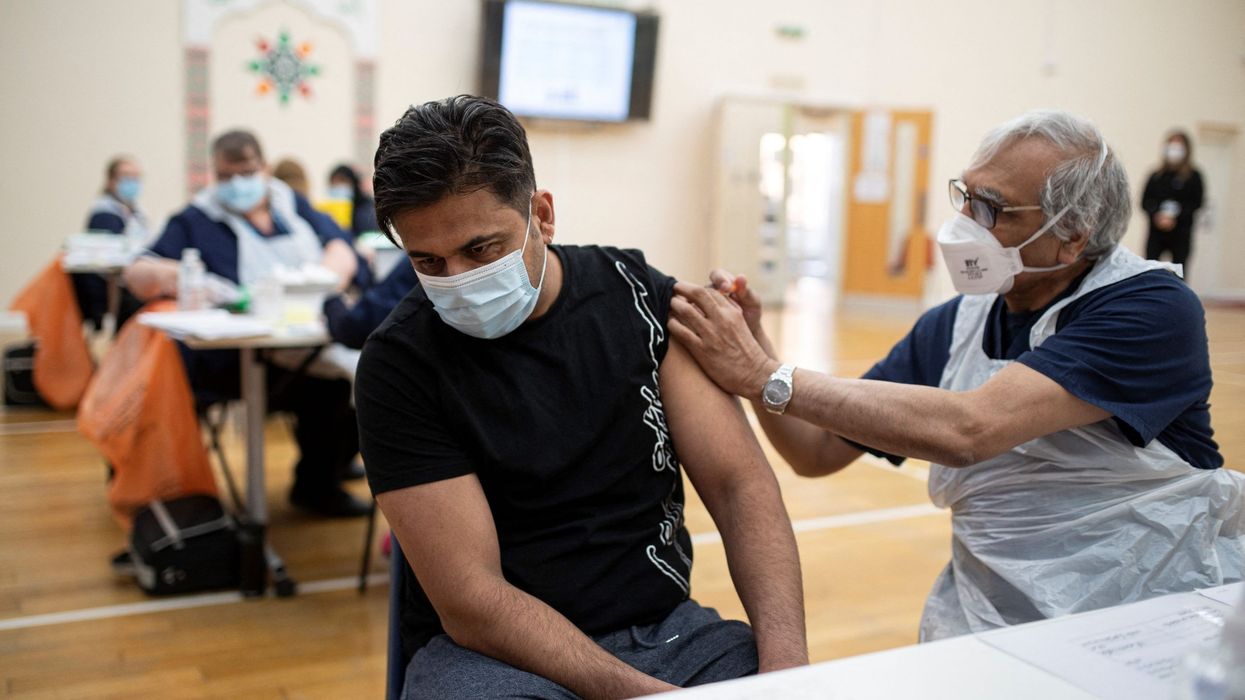Revealed: Fewer than one in four has had third vaccination
Health experts are urging south Asians to get their booster jab after Eastern Eye revealed that fewer than one in four has taken a third vaccine.
Analysis by this newspaper suggests that as of 5 December, only 22.6 per cent of Indians, Pakistanis, Bangladeshis and so called ‘Asian other’ in England have been fully vaccinated.
The British Medical Association (BMA) said it was deeply worried “that a lower proportion of south Asian people have taken up the offer of the booster vaccine”.
Its chair, Dr Chaand Nagpaul said, “Evidence shows that Asian people are susceptible to serious illness from Covid and are admitted to intensive care units in greater numbers and have suffered disproportionately higher rates of mortality.
“Omicron is highly infectious and transmissible and likely to become the dominant variant in the UK imminently.
“Given that double vaccination does not confer sufficient protection against Omicron, it is vital that the Asian communities take up the booster, to protect themselves and their families.”
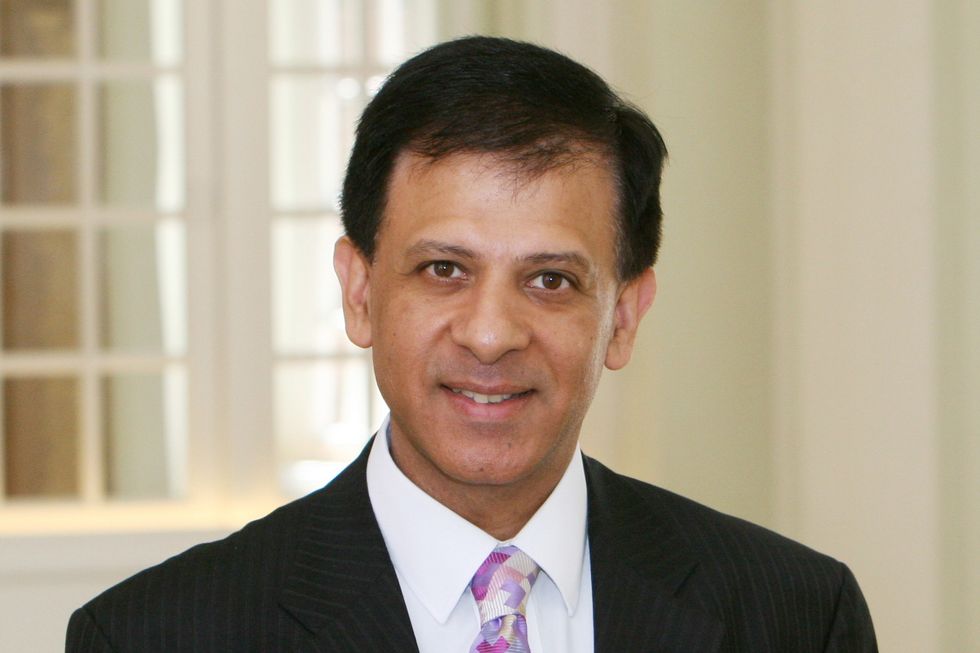
When compared with 2011 Census figures, which are 10 years out of date, our analysis suggests that only 11 per cent of Pakistanis and 13 per cent of Bangladeshis have had a booster jab.
Indians and Asian other are slightly better with 29 and 24 per cent respectively having taken up the offer of being fully protected from Covid and its variants.
Lack of trust
Tan Dhesi, MP for Slough and shadow rail minister told Eastern Eye that he was concerned by our revelations.
“The government is failing to get the message across.
“It’s losing public trust, because of endless revelations about Boris Johnson and the Conservatives’ rule breaking, including having Christmas parties last year when we were all told to be in lockdown and couldn’t even see our dying or sick loved ones.”
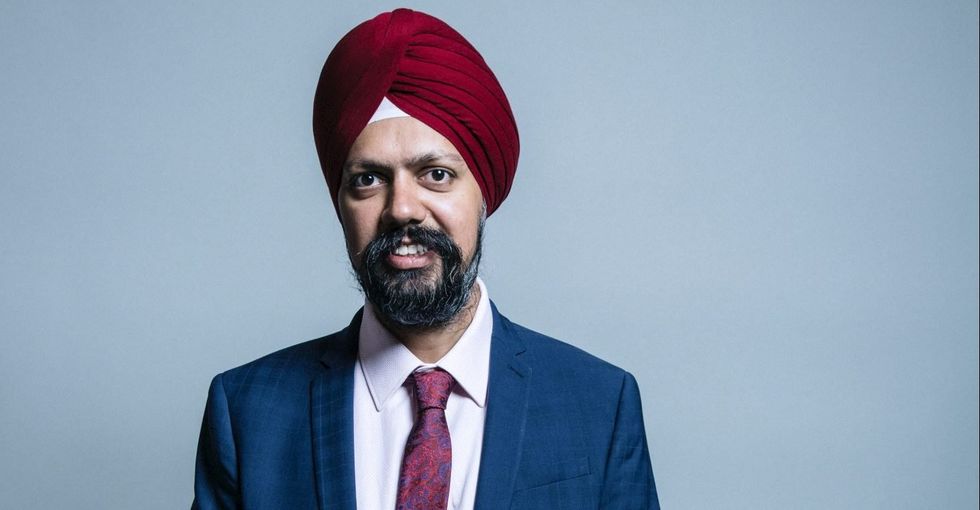
A lack of trust is echoed by the BMA chair.
“I don’t think it’s helpful to say that ethnic minorities are hesitant to receive the vaccine," said Dr Nagpaul.
“The real issue is lack of trust in government messaging throughout the pandemic, in which many ethnic minorities have not felt valued and sometimes ignored in government policies.
“We must also recognise that some ethnic minority groups may be less likely to trust healthcare advice based on a previous negative experience in the NHS.
“Additionally, public health messaging has been woefully inconsistent over recent months, with the government actively encouraging social mixing and returning to normal after ‘Freedom Day’, whilst the virus was in reality rapidly spreading throughout the population.
“This has undermined the public’s understanding of the importance to be vaccinated.”
Nagpaul said that social media was also creating problems.
“As a society we have to tackle the influence of misleading social media messaging regarding vaccines and their efficacy which can also play a dangerous role.
“This can be a particular issue in Asian communities receiving inaccurate information from global sources.
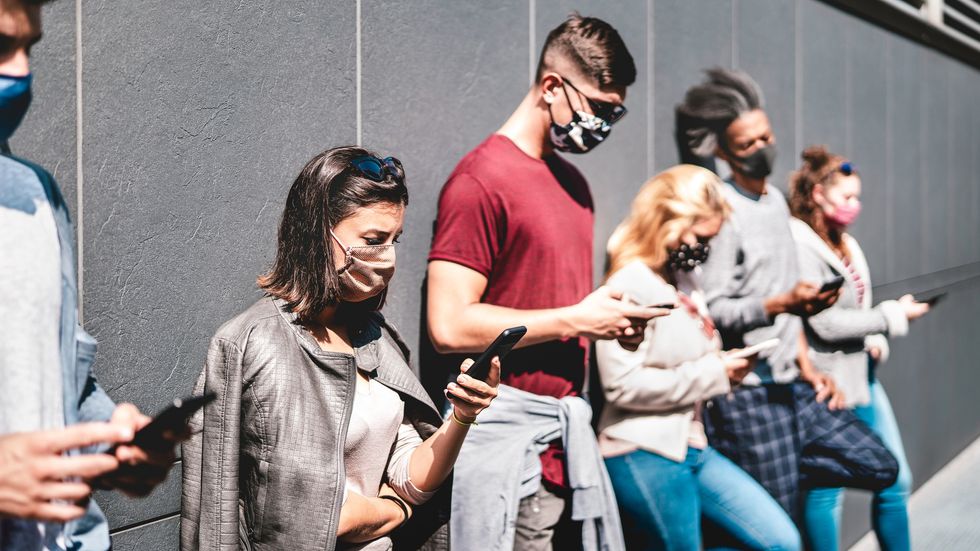
“The priority now has to be clear and consistent messaging from trusted sources to ethnic minority groups about the vital importance of the booster.
“This government should actively engage local ethnic minority leaders, including dispelling any myths and concerns about the vaccine.
“Failure to do so could hamper efforts to tackle the health inequalities highlighted so starkly during the pandemic in the long-term. Lives are therefore depending on it.”
‘Get jabbed’
The director of the NHS Race and Health Observatory, Dr Habib Naqvi urged south Asians to get jabbed.
“Ethnic minority communities are disproportionately impacted by the virus and data shows those from our diverse communities, particularly Pakistani and Bangladeshi, need to come forward and get vaccinated.
“It’s not too late to book first, second or third doses now to protect yourself and your loved ones during the festive period and into the New Year.
“Over the coming weeks, as we spend more time indoors, getting together with friends and family, often in less ventilated spaces, we’ll be creating the exact conditions for the virus to spread and thrive.
“The Omicron variant is extremely infectious.
“A booster vaccine offers significant levels of protection and given the effectiveness of vaccines, now is the time to get vaccinated, reduce the risk of avoidable hospitalisation, severe infection and potentially death.”
On Monday (13) the health secretary, Sajid Javid, updated MPs about the latest variant.
He told parliament that no variant of COVID-19 had spread as fast as Omicron, and that there were almost 5,000 confirmed cases in the UK with 10 needing hospital admission.
Javid warned that because “hospitalisations and deaths lag infections by around two weeks” he expected numbers to rise dramatically.
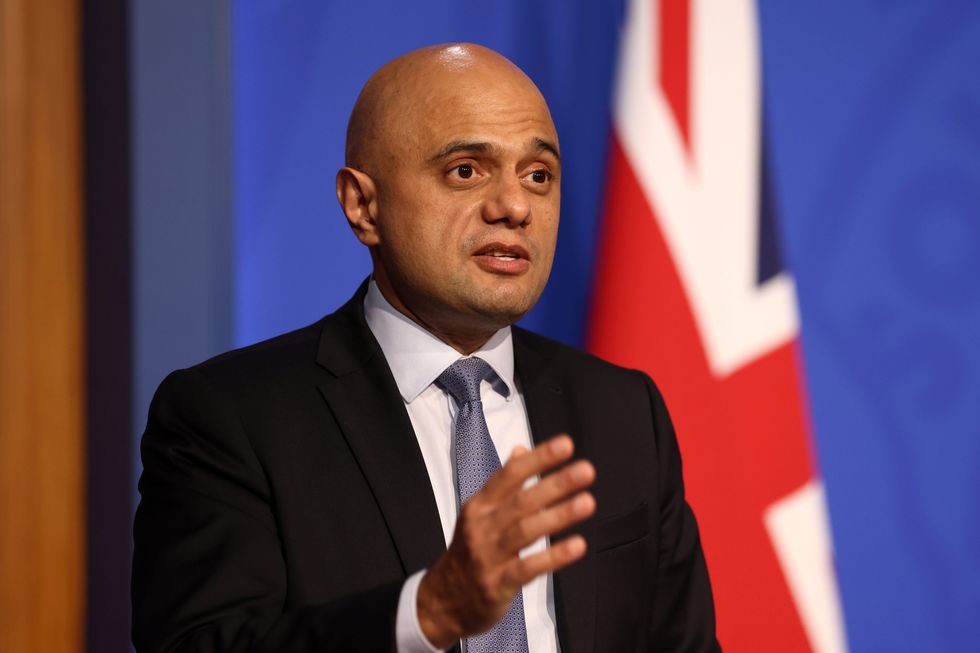
He told Eastern Eye, “The COVID-19 booster programme is accelerating rapidly and more than 23 million people in the UK have already received their top-up, securing vital protection ahead of Christmas.
“This is our national mission. The most recent data shows boosters are the essential defence against Omicron and we are doing everything in our power to get jabs into arms as quickly as possible.
“We are now expanding the offer to all adults in England, so please come forward as quickly as possible to get boosted and help our country get ahead in this race with the variant.”
Fake news
One of the biggest problems is that some south Asian communities fear adverse health effects, such as affecting pregnancies, for not taking the vaccine.
But one doctor in east London warned south Asians about the need to have all three injections.
“We know that sadly people of BAME [Black Asian Minority Ethnic] background are much more likely to get seriously ill from covid infections,” said Dr Farzana Hussain, a family doctor from Plaistow and part-time clinical director in Newham.
“The vaccine is completely safe in pregnancy. The vaccine contains no animal products.
“The vaccine has now been given to millions of people over the world and is safe and has saved 127,000 lives in the UK.”
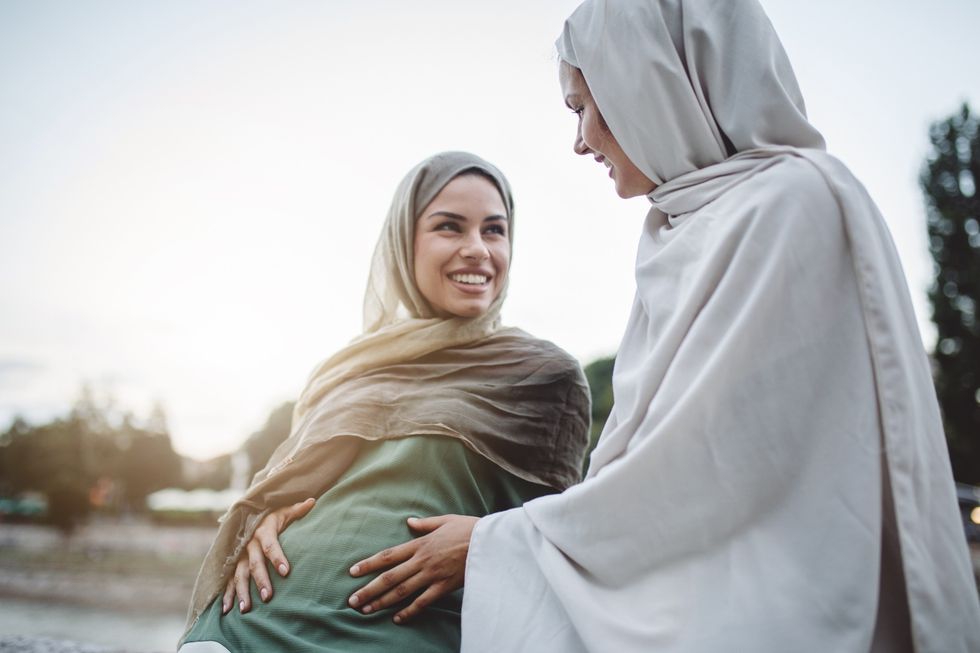
The mayor of London, Sadiq Khan, told this newspaper that he continued to support partnerships to tackle misinformation.
He said he was trying to reassure Londoners that the vaccines were safe and effective.
A spokesperson for Khan said, “Cases of Omicron are rising sharply in London and with so much at stake, we need Londoners from all ages and backgrounds to come forward now and be part of the biggest booster roll out in the country.
“We now know that two doses of the vaccine offer some reduced protection against Omicron, but a third booster increases protection by over 70 per cent.
“Covid vaccines are safe, they have been thoroughly tested, are approved by the leaders of all major faiths, they work, and they will save lives.”
Additional reporting by Rithika Siddhartha
New three-year study into long Covid
An independent body has launched a three-year research study to investigate the long-term impact of Covid on south Asian and black health care workers.
The University of Leicester’s UK-REACH team will lead the work, which is being funded by the NHS Race and Health Observatory.
Other partners include the University of Nottingham and University College London (UCL).
UK-REACH has already collected data from more than 18,000 healthcare workers from a range of ethnicities, of which about a quarter had contracted Covid.
In an exclusive interview Dr Manish Pareek, associate clinical professor of infectious diseases and chief investigator from the University of Leicester, told Eastern Eye, “We wrote the first papers back in April of last year about the disproportionate risks and wrote the first big paper trying to really quantify that risk in terms of infection, hospitalisation and intensive care admission.
“It's from that that all these other studies have started to be funded, including ours.
“Within the UK reach, what we hope to do is understand a whole aspect. There's a huge number of measures that we've collected.
“We've already put information out on vaccine hesitancy by ethnic minority groups within healthcare workers.
“We've found that certain ethnic minority group reported they had less access to PPE [personal protective equipment], which maybe partly contributing to the increased risk of infection.”
The team will analyse data collected between December 2020 and July 2021 from ethnic minority healthcare workers.
Investigation
The study will examine the level of support, availability, and effectiveness of various treatments for managing the impact of acute and long-COVID.
One key area will be to examine the experiences and perceptions of healthcare workers, and what lessons could be learnt to help them recover sooner.
“In the next few days, we'll start to put out information on risk of infection amongst healthcare workers, and whether there's a disproportionate risk,” said Pareek.
“Within the next week, we'll have information on mental health in south Asian and black healthcare workers as well.
“Going forward, we expect to look at a whole range of aspects quality of life and physical health.”
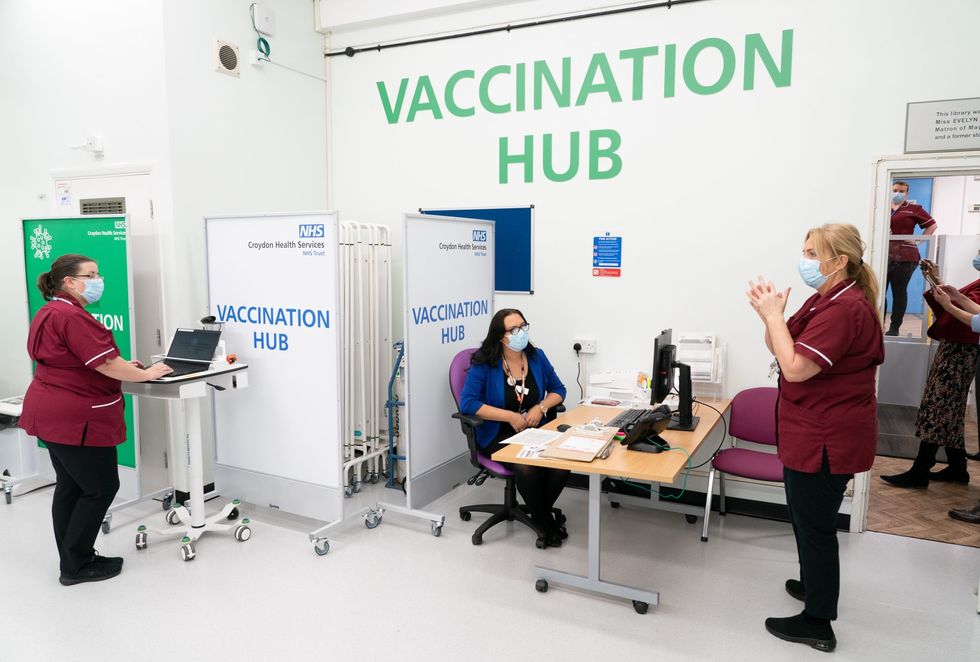
The Office for National Statistics (ONS) estimates that about 1.2 million people in the UK are suffering from long-Covid.
“We know, certainly within the general population, that Covid has had a significant impact, both in terms of anxiety and depression.
“We also know from much smaller studies that there are definitely risks of post-traumatic stress disorder for healthcare workers.
“Suffice it to say that we are seeing sizable proportions of our group of healthcare worker cohorts who do have anxiety and depression.
“We're just trying to understand why that is.
“Post-traumatic stress disorder is understandable when you're working under such significant pressures.”
UK-REACH will also investigate those who have not had the virus and ask questions about their mental health and quality of life.
Pareek said there were lots of unanswered questions.
“What's happened to their work?” he asked. “Have they left the health system? Have they reduced their hours of work?
“Have they, for example, had problems at home and in their home lives? Has it impacted on them economically?
“We will be able to address all of those questions in some detail.
“We expect some of those initial outputs to happen over the coming months because we understand we're in a pandemic, and it's an urgent situation.
“If there are things that need to be put in place, to protect our colleagues and staff, then we need to put those in sooner rather than later.”
